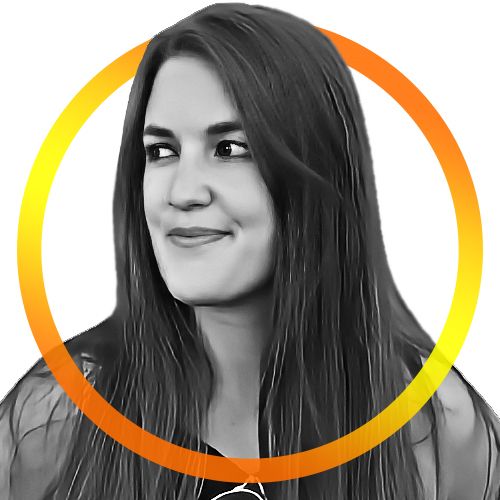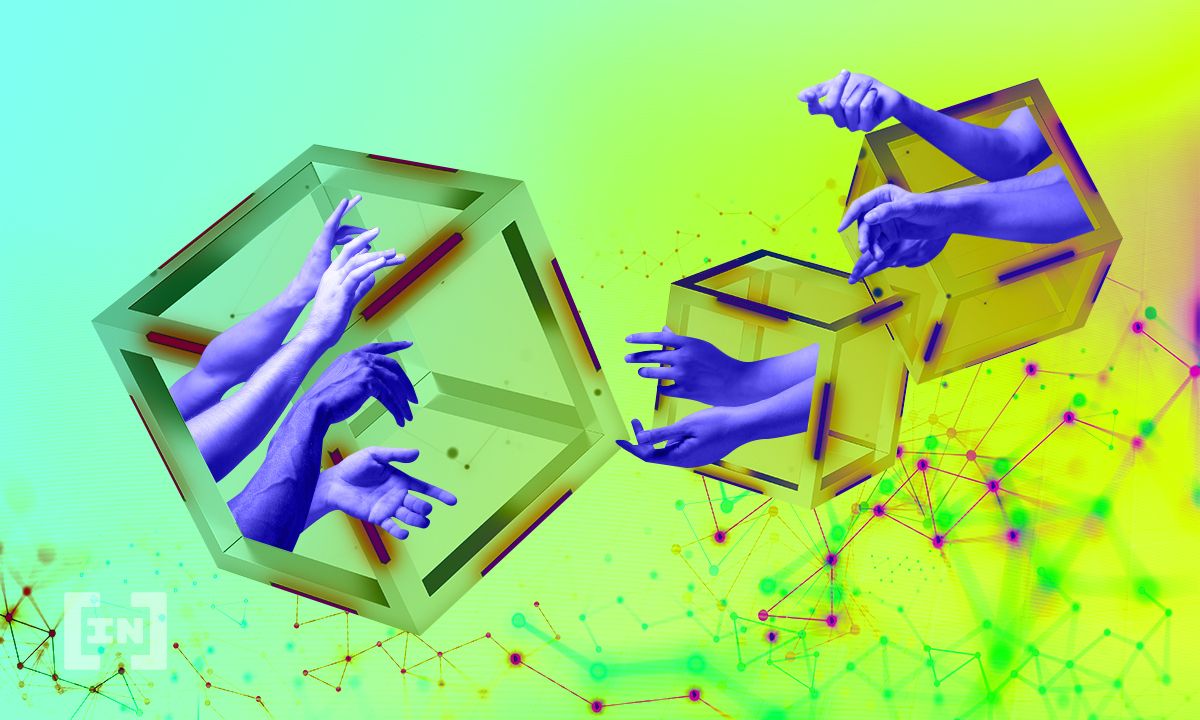Take a minute to visualize this: You want to start a crowdfunding platform with a group of like-minded netizens that allows members to raise funds and vote on the businesses worth supporting.
However, you’re also concerned that these are anonymous individuals. That they may or may not be bad actors looking to use this platform to siphon the funds. Trust is key here. However, in an online world, how do you ensure fair and transparent governance of the organization?
What if there was a way to do so? Enter the Decentralized Autonomous Organization (DAO).
Open-sourced, decentralized, and transparent, DAOs are member-owned communities with decentralized leadership and a predetermined set of governance rules. These are written in self-executing smart contracts that can allow members to make collective decisions automatically.
In a nutshell, the DAO’s code — transparent and verifiable by anyone — can open up pathways for organizations to collaborate and coordinate in a safe, transparent, and secure way.
The promises of DAOs are plenty, and the surging popularity of DAOs is a testament to this. The top 20 DAOs alone now hold more than $6 billion worth of digital assets. There are over 700,000 DAO members and token holders in the crypto space.
Despite the growing interest, blockchain’s early players will recall The DAO and the hack it suffered in 2016. Thus, prompting one of the most divisive moves in Ethereum’s history.
Years on, have these risks and vulnerabilities finally been addressed? With DAOs now looking to make their mark in the DeFi space, can they build on DeFi’s momentum and deliver on their promises, or is this but another fluke?
From codifying trust to bringing power to the masses
With an ever-increasing number of DeFi protocols entering the space, DAOs have flourished in line with this trend.
Yet, in spite of their promise, a community is still a community. That in itself comes with its growing pains. Disagreements between stakeholders will happen and DAOs can play an integral role in resolving these issues. For instance, through campaigns for votes.
In fact, the main benefit DAOs have over traditional organizations when it comes to conflict resolution is its decentralized nature. The majority consensus determines the decisions made.
Take, for instance, the classic principal-agent dilemma. This is where the agent makes decisions based on his own self-interest instead of that of the stakeholders.
Expanding the example
To further illustrate this, let’s go back to our initial example of crowdfunding platforms.
Imagine you join the crowdfunding initiative and would like to vote for a particular project. Yet after you were promised that your investment would go to a specific project that you voted on, you then find out that the funds were diverted to another cause — one that has ties to the founder.
With a DAO, you would be able to examine the agreed-upon rules in the organization’s governance. Therefore, all you need to do is trust the DAO’s code.
Built on open-source blockchains where all records are fully verifiable and transparent, members can be assured that every decision made is open and aboveboard. In this way, you (and the community) can be assured of transparent and fair governance.
Beyond that, a DAO effectively represents a more empowering mode of governance. It’s one that brings the power back to its members equally.
Without a fixed hierarchical structure or bureaucracy, DAOs offer a way for like-minded individuals to participate in and freely propose new, innovative ideas. The wider community can then vote on these plans.
After all, decisions in a DAO are made from the bottom up. The idea of collective leadership can foster a greater sense of inclusion and investment in the organization. Participation is as simple as owning a token, offering proof of ownership in the form of tokens, or work to gain a share of the vote.
Patching DAOs flaws
That said, vulnerabilities in governance protocols still abound. This is not an issue specific to DAOs themselves but to the underlying infrastructure. However, the implications of a security vulnerability in these cases can be quite severe.
For example, smart contracts bugs, as we saw in the 2016 DAO Hack, see bad actors exploit contracts — with funds lost to the tune of $60 million at the time.
This can significantly impact investor morale and long-term participation. It can also cast doubt over a DAO’s inherent security.
However, smart contracts mitigate such risk. This is especially so if they are written in a secure-by-design programming language, such as Scilla. The language level then addresses known vulnerabilities in terms of over-expressiveness in language or the risk of human error.
Beyond coding bugs, issues with governance can also occur. With many DAOs still in their nascent stages, a few stakeholders can end up defining governance, or result in mediocre and poorly-developed proposals.
As DAOs develop, DAO governance is improving. These include embedding more stringent review processes, introducing security audits for smart contracts, making pre-vote improvements, and designing more dynamic DAO governance mechanisms that allow token holders to vote for a change of codes are some that can be made.
With DAOs seeing greater interest and more protocols entering the market, the industry will continue to mature with more enhanced improvements made to DAO governance. In addition, the applications of DAOs can extend well beyond crypto.
Rewriting the rules of governance with DAOs
In an age where people are questioning the current world order and view existing democratic processes as flawed, the concept of a decentralized organization has never looked more appealing.
While much of DAOs today come in the form of DeFi protocol governance where token holders vote on proposals, they have the potential to be so much more.
Due to its global, permissionless, and decentralized nature, DAOs can allow for more advanced decision-making processes in organizations. All this without the need for intermediaries or the bureaucracy rife in traditional organizations.
For one, DAOs can prove beneficial for charities, where issues of misappropriation of funds or inefficient distribution of funds can be resolved. This is thanks to its smart contract-based design.
Corporate treasuries can allocate funds to projects based on collective decision-making. All in full transparency. Employees can propose solutions to day-to-day work processes and open it up to voting to reach a consensus. Businesses can use DAOs to gain feedback on new products from customers.
The utility of DAOs brim with promise — from empowering communities to participate in areas that they never had access to in a traditional setting and allowing organizations to harness greater innovation, facilitate greater cooperation, and engage in collective decision-making.
The DAO story is only just being written and as first-movers, the crypto industry can and will play a crucial role in shaping the future trajectory of this highly promising technology.
Disclaimer
In compliance with the Trust Project guidelines, this opinion article presents the author’s perspective and may not necessarily reflect the views of BeInCrypto. BeInCrypto remains committed to transparent reporting and upholding the highest standards of journalism. Readers are advised to verify information independently and consult with a professional before making decisions based on this content. Please note that our Terms and Conditions, Privacy Policy, and Disclaimers have been updated.


